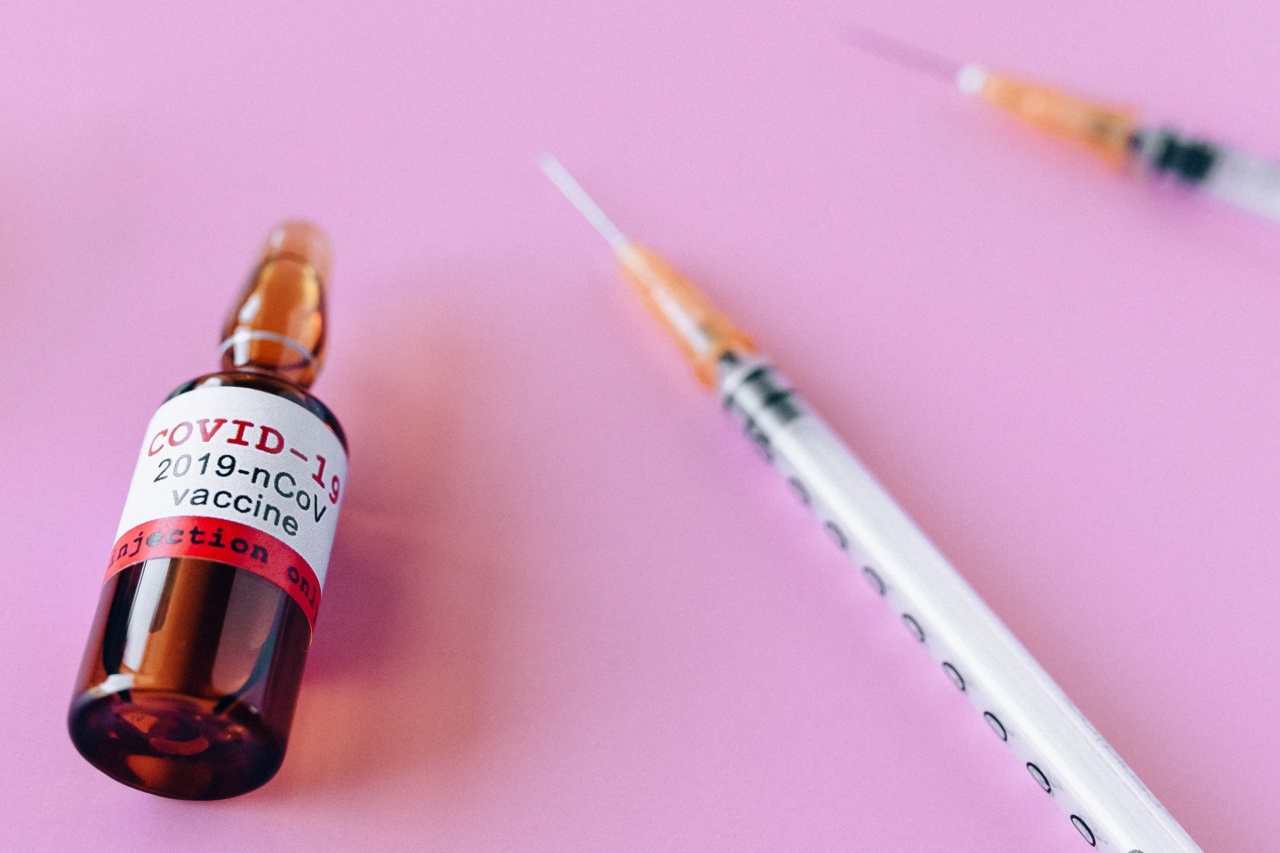Prostate cancer is the most commonly diagnosed cancer in men. Androgen deprivation therapy (ADT) or hormonal therapy is the mainstay of treatment for patients with metastatic disease.
Hormone therapy involves the use of medications that lower levels of testosterone, which is the hormone that fuels prostate cancer growth. However, a new study has suggested that this treatment may increase the risk of developing dementia.
What is Androgen Deprivation Therapy?
Androgen deprivation therapy is a treatment for prostate cancer. Androgens are male hormones, including testosterone, which stimulate the growth of prostate cancer cells. Lowering androgen levels can help slow or stop the growth of cancer cells.
Androgen deprivation therapy may involve the use of medications, surgery or radiation. Hormone therapy is usually given to men with prostate cancer that has spread beyond the prostate gland or those who have a high risk of cancer recurrence after initial treatment.
The Study Findings
In a study presented at the Alzheimer’s Association International Conference, researchers analyzed medical records of over 150,000 men with prostate cancer.
They found that those who received androgen deprivation therapy were 20% more likely to develop dementia than those who didn’t receive this treatment. This risk increased to 30% for patients who underwent ADT for more than a year.
The researchers compared the incidence of dementia in men who received androgen deprivation therapy with those who didn’t receive these medications.
They found that men who received hormone therapy were more likely to develop Alzheimer’s disease or vascular dementia. Both these types of dementia have been linked to cardiovascular risk factors.
Possible Mechanisms Behind the Link
The exact mechanism behind the link between hormone therapy and dementia is not yet clear. However, some researchers believe that hormonal changes caused by androgen deprivation therapy may be responsible for increased dementia risk.
Low levels of testosterone have been linked to cognitive decline and dementia in previous studies. Hormone therapy may also affect the levels of other hormones, such as estrogen, which may in turn affect brain health.
The study’s lead author, Dr. Kevin Nead, a resident physician at the University of Pennsylvania, said in a press release: “Androgen deprivation therapy is a very important treatment for prostate cancer.
This study should not be taken as an argument to not give these therapies for appropriate patients. However, our results suggest that we should use caution when considering hormone therapy in prostate cancer patients with a long life expectancy.”.
Implications of the Study
The study’s findings have significant implications for patients with prostate cancer who are considering hormone therapy.
Androgen deprivation therapy may be an essential treatment in some cases, but the potential risk of dementia needs to be carefully weighed against the benefits of the treatment. Patients should discuss the risks and benefits of hormone therapy with their doctors before starting treatment.
The study’s findings also highlight the need for more research into the effects of hormone therapy on brain health.
Researchers should investigate the exact mechanisms behind the link between hormone therapy and dementia and explore ways to minimize the risks associated with this treatment.
Conclusion
Prostate cancer is a common disease that affects millions of men worldwide. Hormone therapy is an essential treatment for many patients with advanced disease.
However, a new study has suggested that this treatment may increase the risk of developing dementia. The researchers found that men who received hormone therapy were more likely to develop Alzheimer’s disease or vascular dementia.
The exact mechanisms behind this link are not yet clear, but researchers believe that hormonal changes caused by hormone therapy may be responsible for the increased dementia risk. Patients should discuss the risks and benefits of hormone therapy with their doctors before starting treatment.





























